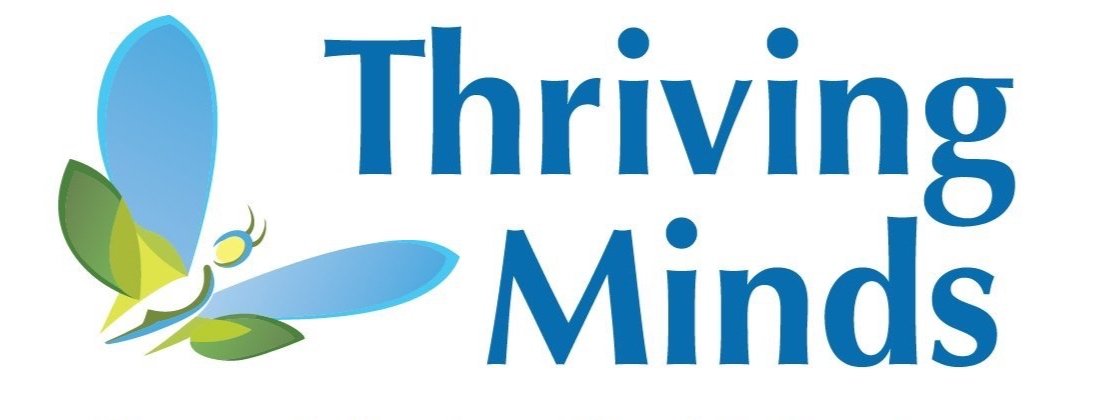Decoding Melatonin's Role in Pediatric Sleep: Is this the Right Choice?
How many of your child clients take melatonin to help fall asleep? Recent years have seen an increase in the number of parents turning to melatonin for help with their children's sleep problems. In this article, we'll provide updates about the latest research on melatonin use in children so you can help families make informed decisions.
This primary question of “is melatonin right for this child?” can be broken down into a few aspects: safety, risk/benefit and efficacy. The question of safety is likely the most important and has been the most visible in the recent years. Studies have shown that the consistency of ingredients and dosing is unreliable in the majority of over-the-counter melatonin. One study found that the melatonin concentration across a variety of brands varied from 74% to 347% of what the label indicated (Cohen et al., 2023). This means that if a melatonin gummy, for example, was labeled at 2mg it may actually contain as little as 1.48mg or as much as 6.94mg, which is well over an appropriate pediatric dose.
In addition to these inconsistencies an analysis of several over-the-counter melatonin gummies found that the supplements contained more than the stated ingredient of melatonin. Most concerning, it was found that some contained Serotonin (Erland and Saxens, 2017) and CBD (Cohen et al., 2023). It is important to understand that over-the-counter supplements, such as melatonin, are less regulated than over-the-counter medications, such as Advil or Tylenol.
To add to this, there is not significant longitudinal research about long term melatonin use in children. There is mixed research that suggests that melatonin may actually delay the onset of puberty in girls as well as negatively impact a child’s ability to produce their own, natural melatonin. On the other hand, there has been promising and well-executed research demonstrating the benefit of melatonin use in specific pediatric populations, including children with Attention Deficit Hyperactivity Disorder (ADHD) and Autism Spectrum Disorder (ASD). These studies showed that these children fell asleep faster and had a greater total sleep time, with minimal reported side effects. While this research suggests a benefit and respite for these populations, this conclusion cannot be made for the general pediatric population.
So what does this all mean? The answer to this seemingly simple question of “is melatonin right for this child” is complicated. Melatonin may have benefits supported by research, particularly in certain groups, however, there are significant risks to consider. Dr. Andrea Roth, our resident pediatric sleep specialist at the practice recommends, “The consideration of melatonin should only come after work is done to improve the child’s sleep hygiene and additional behavioral strategies have been implemented. I do not recommend it for the first line of treatment for pediatric sleep concerns. If parents do consider melatonin as part of the treatment plan, the child’s physician should be consulted and then revisited every few months.” Finally, if melatonin is added, use a brand that has the United States Pharmacopeia (USP) verification on the bottle, as these are better regulated and have the ingredients and dosage listed on the bottle.
For additional pediatric sleep resources:

